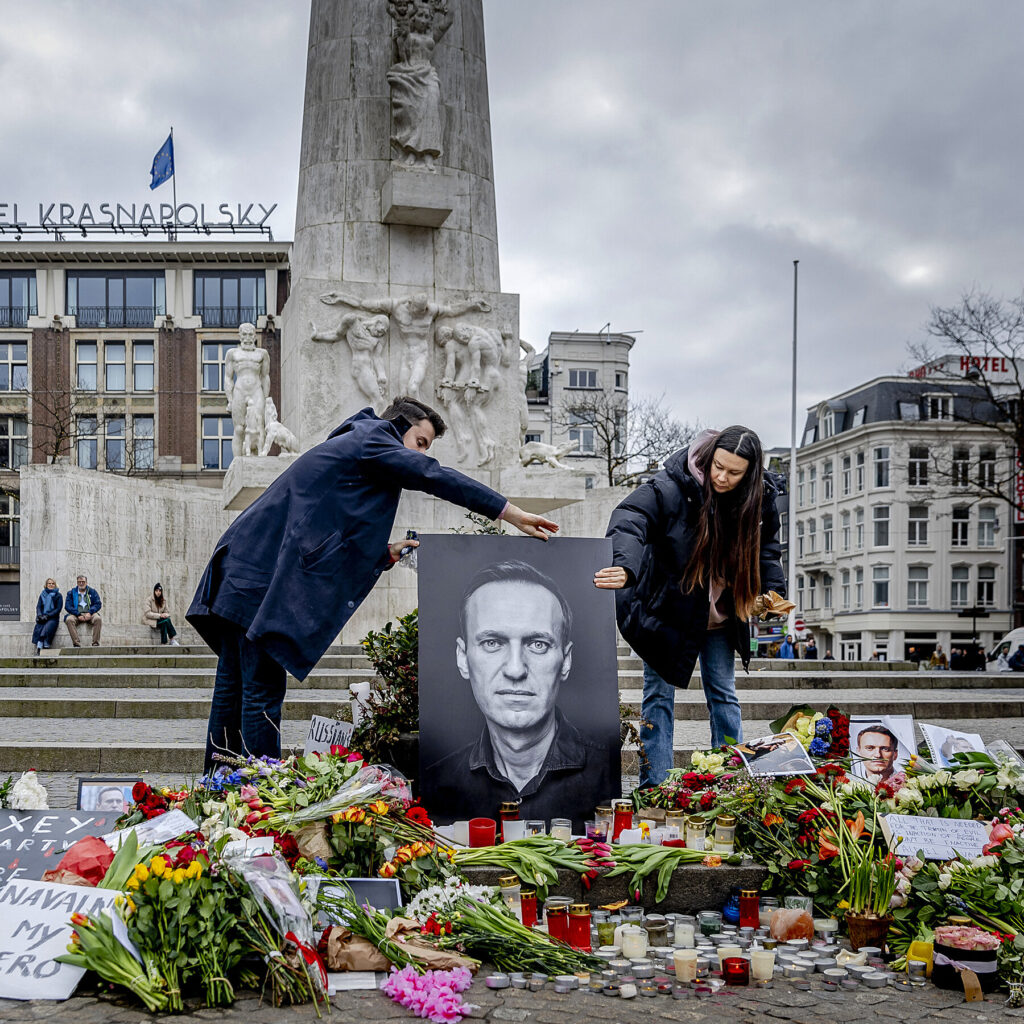
I’m giving up using digital devices for Lent. I’m doing this at least one day a week during the forty-day Lenten period, rather than giving up food. A lot of Christians don’t eat sweets for Lent, or choose one day a week to fast during the day. They give up food. For me it’s digital devices.
Food is easy to give up, I thought. What I really can’t do without—and what most of my friends and students can’t survive without more than a few moments—is our smart phone. If not the smart phone, we’re on the computer or watching some other LCD screen.
Giving up digital devices for a day, I thought, that would be a real sacrifice. It also would be an interesting experiment, to see what I have been missing in all the time that I have spent staring at the flickering light on my phone or computer screen.
The Christian observance of Lent falls roughly at the same time as the Muslim month of Ramadan this year. Though the contexts of the two customs are vastly different, in both cases, fasts are traditionally part of the deal.
In Ramadan, Muslims are not supposed to eat anything from sun up to sun down. Then there’s iftar, a lovely meal where families gather together to break the fast of the day. If you’re invited to a Muslim home to take part in one of these occasions, I highly recommend it. Like Seder in the Jewish tradition, Diwali for Hindus, and Christmas for Christians, it’s one of those lovely moments in the cycle of a religious year that reminds you of what is meaningful about the traditions.
In Ramadan and Lent, the purpose of giving up food is basically the same. It is to remind you of the sacrifices made by those who came before you in the tradition, and in the fragility of life. You appreciate more what you have when you do without it.
Lent is not a biblical custom. You don’t find it anywhere in the Christian’s New Testament, for instance. Early Christians began the pattern of preparing for the Holy Week before Easter by fasting. Often forty days were chosen, as a reminder of Christ’s forty days in the wilderness when he was tempted by Satan and rejected him.
Christ’s forty days of fasting was at the beginning of his Ministry, and the Passion Week before Easter was at the end, but no matter, it seemed to justify a period of days in which to prepare for the Easter events. In 325CE at the Council of Nicaea, when so many other doctrinal issues for Christianity were settled, a 40-day pre-Easter fast was officially recognized as a Church tradition.
At first it did not have a special name. In time, however it came to be called Lent for a rather peculiar reason. Since it occurs during the Springtime when the sunlit days are longer, the term for lengthening, the Old English word lencten, became shortened to Lent.
But fasting was central to the custom. This brings me back to my own efforts at fasting.
When I was a kid, I remember for a time giving up chocolate. I love chocolate, and for this reason, it seemed to be an appropriate sacrifice.
As I got older, however, I began to question the idea of giving up particular foods as a worthy effort in observing the fast. In fact, it seemed to me that modern people have way too much food anyway and giving up some is simply a smart health decision.
To really take something crucial to sacrifice, I reasoned, you have to look at what compels your time and energy the most. For some people it is sex. For others, and maybe for the same people, it is the digital screen.
I knew I could not last for a full forty days with no recourse to the phone. I questioned even my ability to last more than a few minutes.
But I became determined to try. I decided to take the easiest route, and designate one day in the week, from sun up to sun down, as the day for my digital fast.
That day, logically, was Sunday. Not only is it supposed to be a day of rest, biblically designated for that purpose. But also it is a day of relatively low information demands. In my case, it was a slow day in any event, since I would usually go to church in the mornings, and afterwards pick up the Sunday New York Times which could easily consume the rest of the day, if not much of the rest of the week, with the crossword puzzle alone.
So I chose Sunday as my day of digital fast. I’m now mid-way through Lent, and so far, surprisingly I have mostly kept my vow. Yes, there were a few moments when I was expecting an important call or I needed to check to see if someone had replied to my email. But mostly I kept hands free. I would wait until the last rays of sun dipped behind the mountains to leap towards my computer and my phone to restore communications with the known world.
But what I have gained in relinquishing these absorbing, demanding instruments is considerable. I have discovered the power of printed words on paper, the magic of long walks on the beach or on paths through the woods, and the discoveries of human interaction when you actually talk with someone rather than to read their cryptic text messages that flutter through space like old telegraphs.
People exist, I found. And so does nature, and knowledge that is not on a screen. I vowed to keep my fast through Lent. But I may keep at it for a while, not just for sacrifice, but for the restoration of the human soul.


